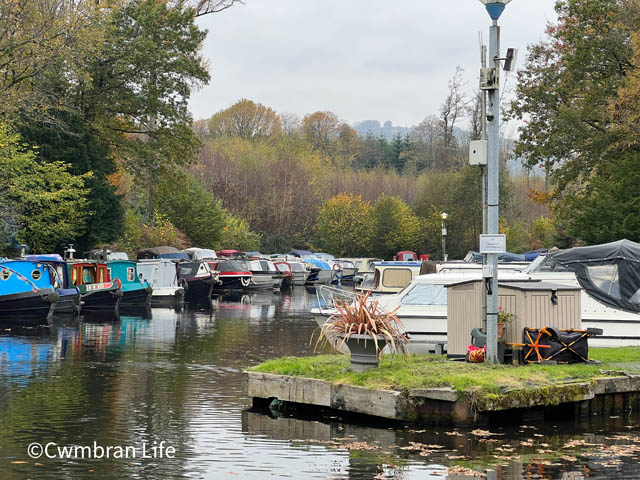AN immediate threat to the water supply to one of Wales’ best-loved canals appears to have been resolved.
There were fears a lack of agreement over the continued diversion of water from the environmentally sensitive river Usk, to feed the Monmouthshire and Brecon Canal, coupled with the lack of rainfall in recent weeks could have seen it run dry.
The canal is estimated to contribute £26.5 million a year to the local economy of South East Wales and visited by around 4.6 million people a year.
Welsh Water, which had been demanding a payment to resolve supply issues for the canal, has now said it has reached an agreement on costs which will ensure supply for the coming year while talks on a longer term solution continue.
A petition calling for the preservation of the canal has already gathered more than 11,500 signatures, which means it will be considered for debate in the Senedd.
Both Monmouthshire and Torfaen councils have raised concerns over its future and councillors in Monmouthshire are next week due to debate a motion calling for its leader to organise a meeting of key stakeholders to discuss the future of the waterway.
A spokesman for Welsh Water said: “We are pleased to have come to an agreement to support the Monmouthshire and Brecon Canal that covers the cost of providing the water and doesn’t incur additional costs for our customers or put at risk the supply of drinking water over the summer.
“We will continue to work closely with the Canal and Rivers Trust, Natural Resources Wales and the Welsh Government on a longer-term solution that can support the canal beyond the coming year.”
The long term supply of water to the canal has been in doubt after the Canal and Rivers Trust, also known in Wales as Glandwr Cymru, lost an appeal in December against restrictions in its licence, from Natural Resources Wales, to take or extract water from the Usk.
Though the water, taken at Brecon, is returned to the river at Pontymoile, Pontypool via the Afon Llwyd, its extraction could caused damage to the river which has the highest form of protection as a special area of conservation due to low water levels.
A failure to reach an agreement on costs with Welsh Water over an alternative water supply is at the centre of the dispute and which will have to be resolved over the longer term.

